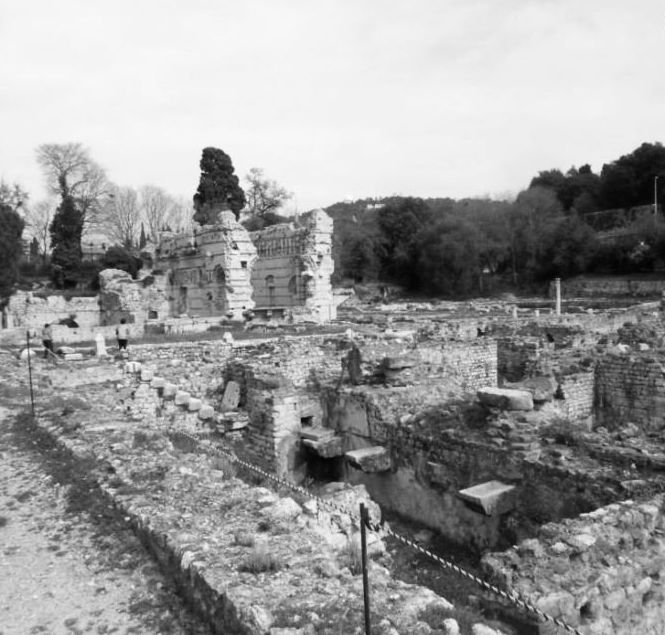
Synopsis:
One of the decisive components of the Prussian victory in the Franco-Prussian War of 1870 was the rapidity of mobilization sustained by the Prussian Army. Following the war, the mobilization timetables of the great European powers dominated military doctrine. Ultimately, the competitive struggle over mobilization timetables climaxed with the outbreak of the First World War.
In his book War by Timetable, A.J.P. Taylor sketches the evolution of the timetables – and advances the thesis that once the timetables had been initiated there was no reversing them.
Excerpts:
“The essential European balance was between the Franco-Russian or Dual Alliance on the one side and the Triple Alliance, or more realistically the Austro-German Alliance, on the other. Both sets of alliances were strictly defensive if taken literally: they were to operate only in case of attack, and since every great power declared that it was exclusively concerned with defence, war was theoretically impossible.
“It was universal doctrine that speed was essential. Whichever power completed its mobilisation first would strike first and might even win the war before the other side was ready. Hence the time-tables became ever more ingenious and ever more complicated.
“There was little consultation between military planners and civilian statesmen. The statesmen assumed that the general staffs were doing their best to ensure that they would win a war if one came, and there was no speculation on how policy could be seconded by military action. The dogma of the great Clausewitz that ‘war is a continuation of policy by other means’ had lost its hold. War had now become a theoretical operation conducted for its own sake.
“Certainly the Germans did not rely on the Austrians for the defence of German territory in the east. Instead they relied on time – that is to say, the superior speed of their own mobilisation. They assumed that they would have defeated France before the Russians were prepared to move against East Prussia on any great scale at all.
“…there was only one decision which turned the little Balkan conflict between Austria-Hungary and Serbia into a European war. That was the German decision to start general mobilisation on 31st July, and that was in its turn decisive because of the academic ingenuity with which Schlieffen, now in his grave, had attempted to solve the problem of a two-front war.
*All excerpts have been taken from War by Timetable, Endeavour Press Ltd.





